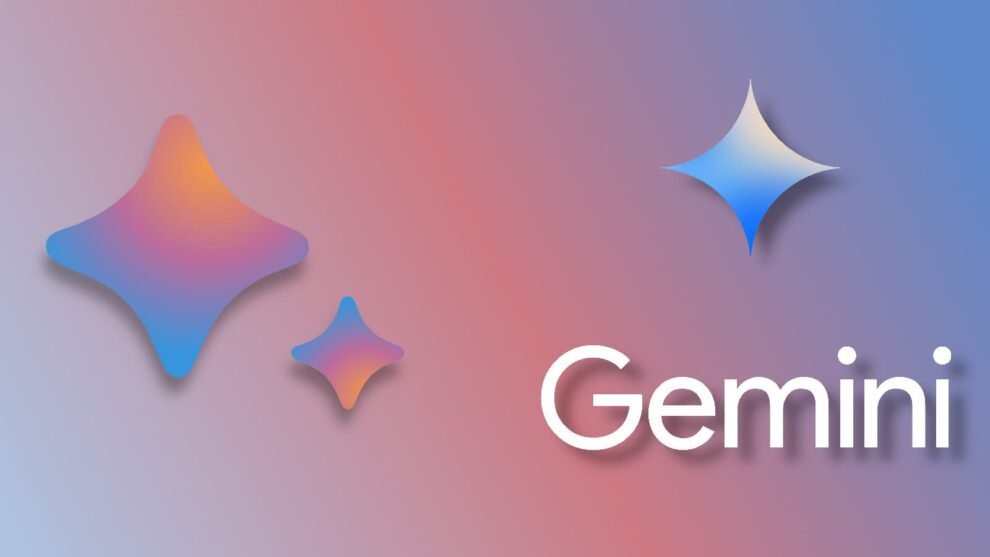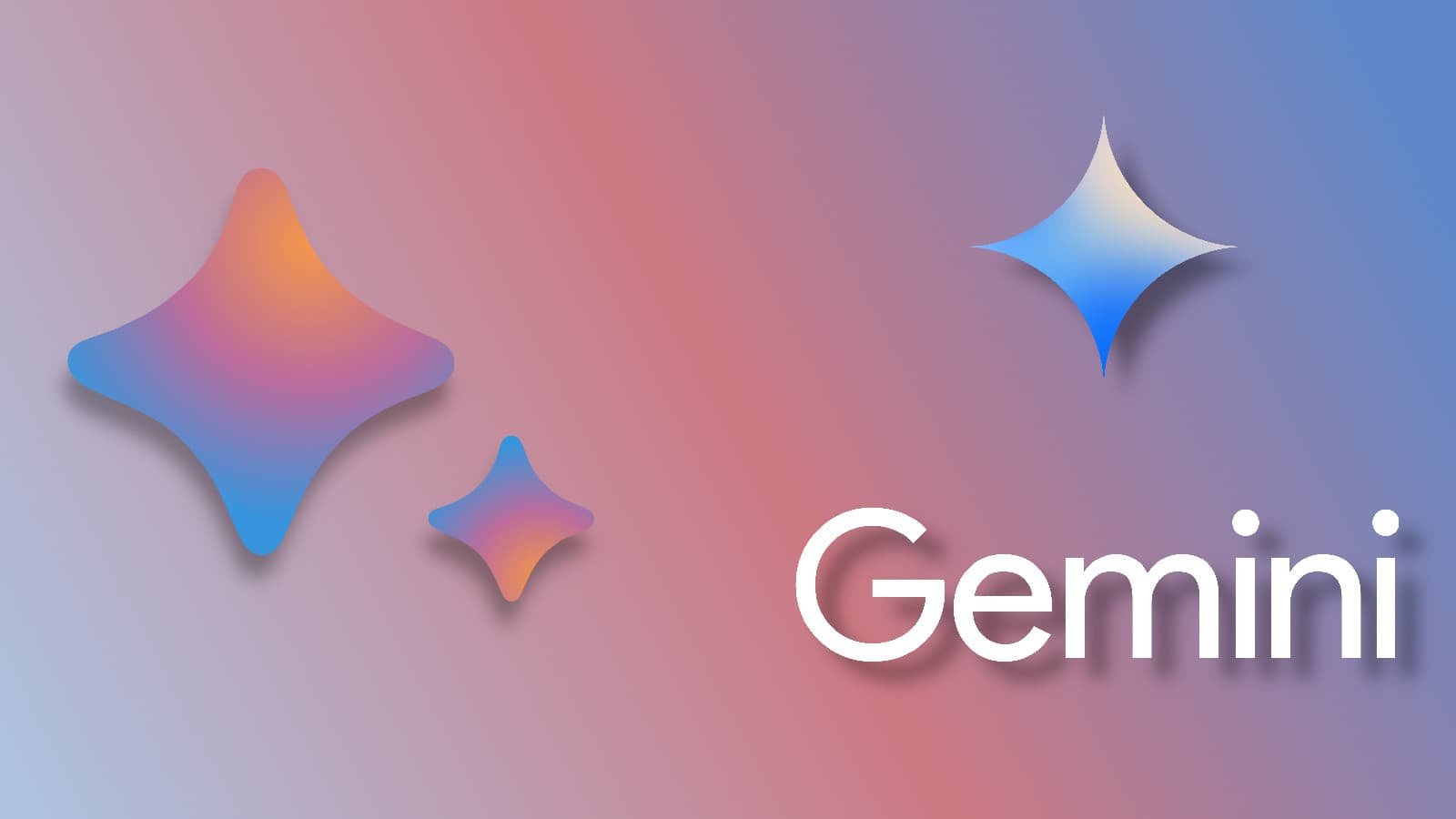Google’s introduction of Gemini, a groundbreaking artificial intelligence model, is poised to redefine the Android ecosystem, promising unparalleled efficiency and versatility in mobile technology. This transformative move not only marks a significant leap forward in AI capabilities on smartphones but also heralds a new era of user interaction and application development.
Key Highlights:
- Gemini is Google’s most advanced AI model, designed to be multimodal, handling text, code, audio, images, and video.
- Available in three versions: Gemini Ultra, Gemini Pro, and Gemini Nano, catering to different computational needs from data centers to mobile devices.
- Integration across Google’s ecosystem, enhancing services like Google Assistant, Maps, Search, and more.
- Launch on flagship devices like the Samsung Galaxy S24 series and Pixel 8 Pro, introducing features like AI-powered search, content summarization, and real-time translation.
- Expansion of Gemini’s capabilities into Google Workspace apps, offering AI-assisted document creation and editing.
Google’s Gemini represents a monumental effort in AI research and application, developed through extensive collaboration among Google’s teams, including Google Research. Its multimodal nature allows it to process and understand various types of information seamlessly, setting a new benchmark in AI’s versatility.
The deployment of Gemini across Google’s product suite, from Android smartphones to Workspace applications, signifies an ambitious step towards creating a more intuitive, efficient, and personalized digital experience. For instance, the new Samsung Galaxy S24 series and Pixel 8 Pro will be among the first to benefit from Gemini’s capabilities, offering users innovative features such as real-time content summarization, enhanced search functionalities, and smart assistance across various applications.
Moreover, Google’s commitment to expanding Gemini’s reach is evident in its rollout plan. Initially available in English in the US, and soon in the Asia Pacific region in English, Japanese, and Korean, Gemini aims to achieve global coverage, adapting to cultural nuances and languages to ensure a universally beneficial AI tool.
The potential applications of Gemini are vast, ranging from professional tasks like drafting cover letters to everyday queries about fixing a flat tire. Google has designed Gemini to be adaptable, enabling users to leverage AI for a broad spectrum of personal and professional needs. This adaptability, combined with Google’s rigorous safety measures and ethical considerations, positions Gemini as a user-friendly and responsible AI innovation.
As we look towards the future, the introduction of Gemini marks a pivotal moment in the evolution of mobile technology and AI. By seamlessly integrating advanced AI capabilities into everyday devices and applications, Google is not only enhancing the user experience but also setting the stage for a new wave of technological innovation and digital interaction.
In conclusion, Gemini’s debut on Android is not just an incremental update; it’s a vision of the future where AI empowers every aspect of our digital lives. Google’s approach, prioritizing versatility, safety, and user-centric innovation, underscores a commitment to advancing technology in a way that is both inclusive and transformative. As Gemini evolves, its impact on how we interact with our devices and manage digital tasks is expected to grow, making AI not just an assistant but a central part of our digital existence.



















